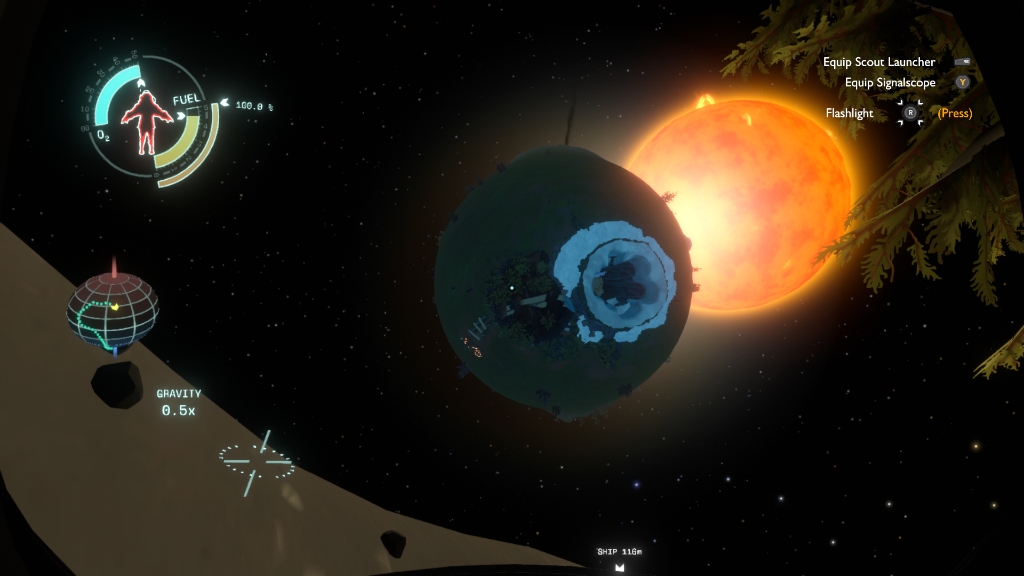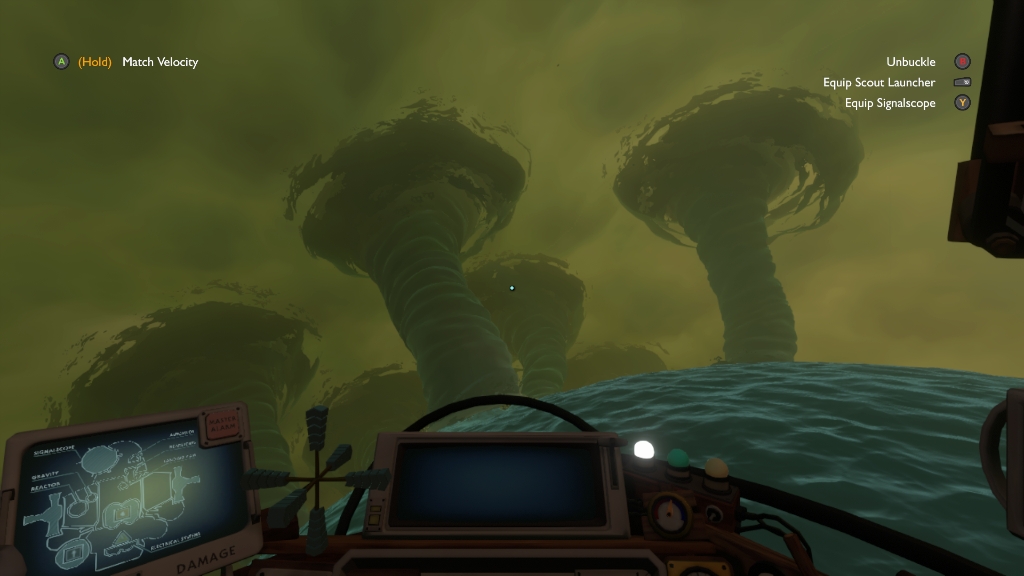Death in video games, like in life, is inevitable. It’s the game mechanic we are most familiar with, occurring over and over again on screen and, eventually, once off it.
Video games are an art form where death is required, a consequence for failure. But it’s far less serious than in the real world. You get extra lives and when you run out, start over again at the beginning, maybe some convenient checkpoint. The rules of mortality get bent in the video game world because, well, they kind of have to. If you only get one shot to win you almost certainly wouldn’t finish any game at all.
It’s actually funny, in a way, to think about video games through the context of the real world. The Mountain Goats and Kaki King, for example, have a lovely song written from the perspective of Toad, waiting in the dark of King Koopa’s dungeon for Mario to come rescue Princess Peach in Super Mario Brothers. “Thank You Mario But Our Princess Is In Another Castle” is sweet and sad because imagining Toad waiting for Mario to finally show up, in real time, is heartbreaking. You can’t help but think of all the times Mario almost got there but died and had to start over. Besides, Mario wasn’t even looking for Toad, he just happened to find him while in search of someone else. And what happens if you turn the console off and never show up at all?
Considering things like this — enemies who only exist to be bested by heroes and characters with infinite lives — can kind of unravel the whole thing if you think about it too hard. Which is why a game that solves the problem of death like Outer Wilds is so wonderful. The game was announced in 2018 but this summer’s Xbox One release polishes up all that alpha concept art into a gorgeous, scale-defying space exploration game that constantly delights.
Mobius calls it a “handcrafted” universe you explore, and it’s about as appropriate a term as you’ll find for what you discover. The game is beautiful, and nothing is there without purpose. Each of the five planets you explore are unique and contain secrets you have to unravel in order to figure out what, exactly, is going on. Without ruining the game’s tremendous story, you’re the latest space traveler from a race of four-eyed creatures adapting technology from an ancient race called the Nomai to follow in their footsteps and explore the universe.

Outer Wilds is not a space exploration game about ship upgrades and leveling up to explore new areas. There’s no item inventory or currency or list of missions to complete. It’s about learning through trial and error and sheer curiosity, tracking down the source of beautiful music and weird signals and, little by little, uncovering a story that makes all the death and jetpack fuel worthwhile.
Because that’s the thing about Outer Wilds: you die a lot. The initial learning curve for flying is steep, and there’s no on-rails tutorial or guide explaining how to play. You simply just die and then you start over again at the beginning and, eventually, slowly piece together how not to die for a bit longer. It helps that the rewards for sticking with it are tremendously satisfying — the first time you save yourself from certain death when you [redacted] is legitimately exhilarating. It feels like an enormous accomplishment, one that you eventually get good at and just becomes ordinary, a slight inconvenience in your journey. That you make progress like that in Outer Wilds without really noticing is a credit to just how fun the game is to play, but it’s also fascinating that you’ll continue to find yourself dying hilariously dozens of hours into the story.
My favorite deaths, in short order: an entire island falling on my head out of nowhere. Accidentally flying into the sun while my ship was on autopilot. Focusing on a distant planet and flying in that direction then suddenly slamming into another planet I didn’t see. The best is probably when I clipped a tree on Timber Hearth seconds after takeoff and earned an Xbox achievement that made me howl with laughter.
All of these deaths happened in the last few hours of my playthrough, when I was a pro at hovering and matching an object’s velocity in space and landing on small surfaces I thought would be impossible the first time I left Timber Hearth. That Outer Wilds makes death so satisfying, and the grind to uncover its mysteries so engaging, feels like a minor miracle. In a world where planets are conspicuously empty, save for what’s worth exploring, it all still felt so freeing.

Outer Wilds is a game that changes the way you think about death as a game mechanic. This isn’t a frustratingly aimless slog full of failure: it’s a wildly fun meander through an imaginative universe with a story that requires you living multiple lives to tell it properly. It’s a beautiful way of thinking about games and the stories they’re made for us to experience.
It’s not the first game that reimagines death. Celeste, for example, is a charming side scroller that cheerfully counts your deaths and explains that keeping at it is something to be proud of. But few games make dying and starting over all the way at the beginning the entire purpose of the game itself. And by doing so, it somehow never feels like you’re wasting time. In a real world where death is finite and we haven’t landed on the moon in four decades, it’s comforting to zip around a universe where somewhere there’s a warm campfire waiting on not-so-distant worlds. Outer Wilds, like all games, has footsteps built into the universe you’re supposed to follow. But few games make rediscovering those paths feel like something brand new.

